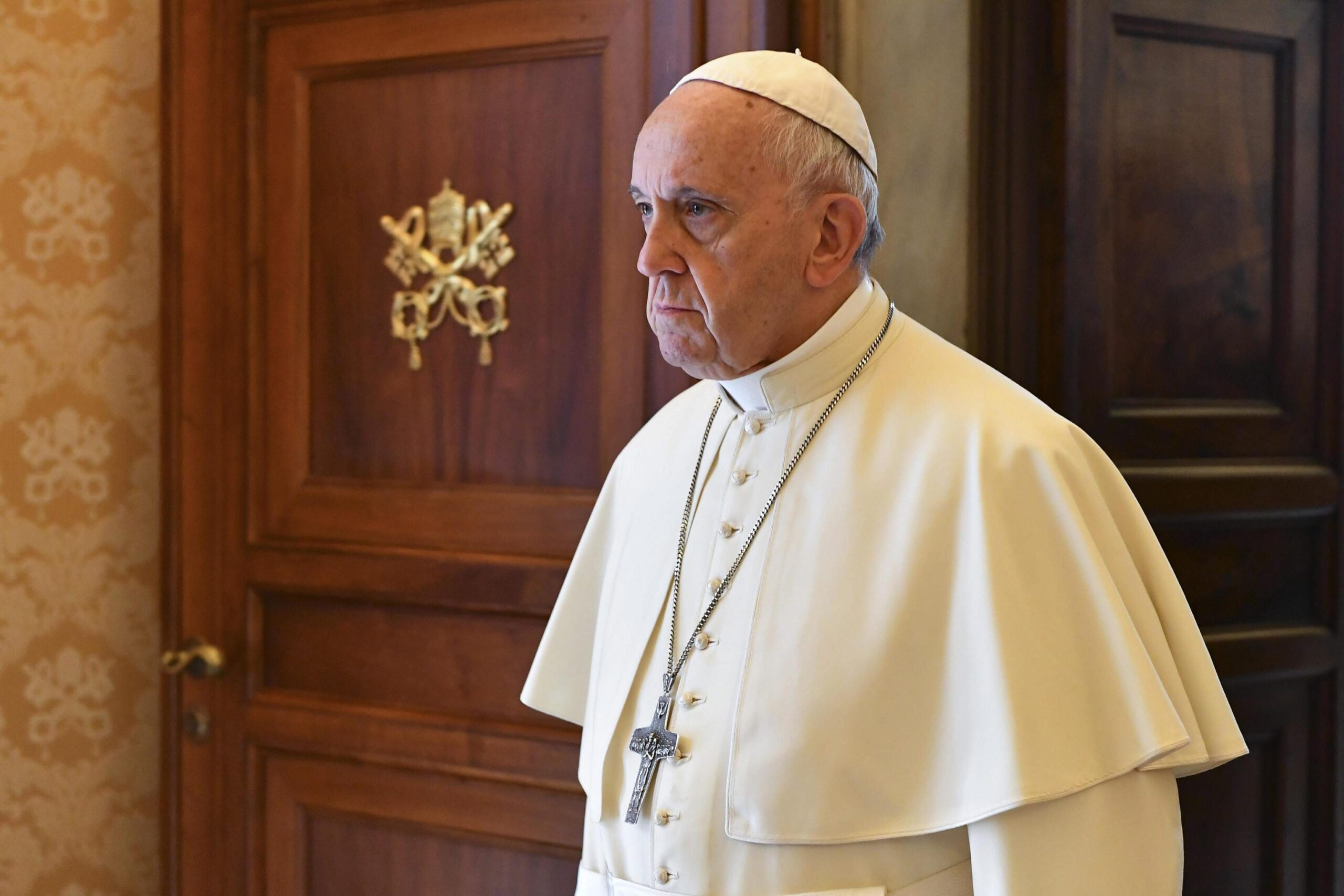When Cardinal Jorge Bergoglio ascended to the papacy five years ago, it felt like a new beginning for a very old church.
The mild-mannered Argentine became the first pope in over a millennium to choose a name that didn’t harken back to any of his 265 predecessors.
And last month, Pope Francis truly did feel like a breath of fresh air, when his comments to a gay survivor of clerical abuse became public.
“Juan Carlos, that you are gay doesn’t matter,” Francis reportedly told Juan Carlos Cruz, a victim of Chile’s most infamous predator priest. “God made you like this and loves you like this and it doesn’t matter to me. The pope loves you like this, you have to be happy with who you are.”
Francis’ warmth in that moment recalled his namesake and felt a world away from his severe, doctrinaire predecessor, Pope Benedict XVI.
His remarks are being rightfully praised by many; Christian columnist Michael Coren called it “arguably the most revolutionary statement” by any senior Catholic on this issue in modern history. But the Catholic Church under Francis has not been as radical on homosexuality as progressives have hoped or as traditionalists have feared.
So far, Francis’ impromptu outbursts of gay acceptance — “who am I to judge” — put a humane sheen on what continues to be a profoundly homophobic institution.
Catholic doctrine is unflinchingly opposed to same-sex marriage. The church restricts men with “deeply rooted homosexual tendencies” from entering seminaries to become priests, a policy introduced by Benedict, but reaffirmed under Francis just two years ago (despite the open secret that gay men are disproportionately represented in the clergy).
And Francis’ comments on teaching children “gender ideology,” which he has compared to the brainwashing of the Hitler Youth, don’t even have the patina of acceptance to them.
But a fight is brewing within Catholicism that could forever change the church’s relationship to homosexuality. In the era of Francis, small shoots of tolerance are beginning to rise through the cracks. But they risk being trampled upon by the power struggles within the church.
In the United States, Reverend James Martin, a Jesuit journalist, has caused an uproar with his book Building a Bridge, which argues for a new Catholic approach towards LGBT people. While conservative American Catholics reacted with horror to the book, Martin’s message has found sympathetic ears among some in the church hierarchy.
Polish theologian Krzysztof Charamsa came out as a gay man in a relationship in 2015 during the contentious synod on the family. But he was suspended as a priest and stripped of a number of positions.
But the biggest developments are taking place in Germany, the birthplace of the previous pope, and home to a moderate Catholic theology that has been ascendant under Francis.
It’s there that German cardinals have been embroiled in controversy over efforts to allow communion for Protestant spouses of Catholics and, more recently, to allow for some flexibility on giving blessings to same-sex couples.
This would not mean opening up the German church to same-sex marriage. But Cardinal Reinhard Marx has called for the decision to bless committed same-sex couples to be left up to individual pastors, which would align with Francis’ emphasis on a more decentralized, conscience-based approach to pastoral care.
While the question of blessing same-sex unions is still secondary to the extremely contentious fights over allowing communion for divorced people and to Protestant spouses, it has the potential to further crack open the divides in the church.
Despite their rise under Francis, the tolerant Catholicism advocated by the German bishops and Martin doesn’t appear to have much of a chance of success in the long run. Europe’s population grows older and less religious by the day. The future of the church is in Africa, which has been considered “the most dynamic Catholic community on earth.”
The African cardinals are strictly opposed to any bending on the church’s position towards sexual and gender minorities. Cardinal Robert Sarah, a 72-year-old Guinean cardinal who has become a hero to Catholic traditionalists, has been a forceful opponent of LGBT rights and of Martin in particular.
“What Nazi-Fascism and Communism were in the 20th century, Western homosexual and abortion ideologies and Islamic fanaticism are today,” Sarah has said.
It’s a question of when, not if, the African cardinals take the pre-eminent place within the church from the beleaguered Europeans. And unless the staunch traditionalism of African Catholic leadership eases, a backlash against LGBT tolerance seems likely.
Many will inevitably view any efforts to open up the Catholic Church to LGBT people as foolish or ill-fated.
But for millions of LGBT Catholics, it’s a fight worth having. There is perhaps no single institution in the world that has such an outsized effect on attitudes towards LGBT people than the Catholic Church. Even small shifts can have profound consequences.
Francis’ papacy may be a new beginning. How that story ends is yet to be written.

 Why you can trust Xtra
Why you can trust Xtra


